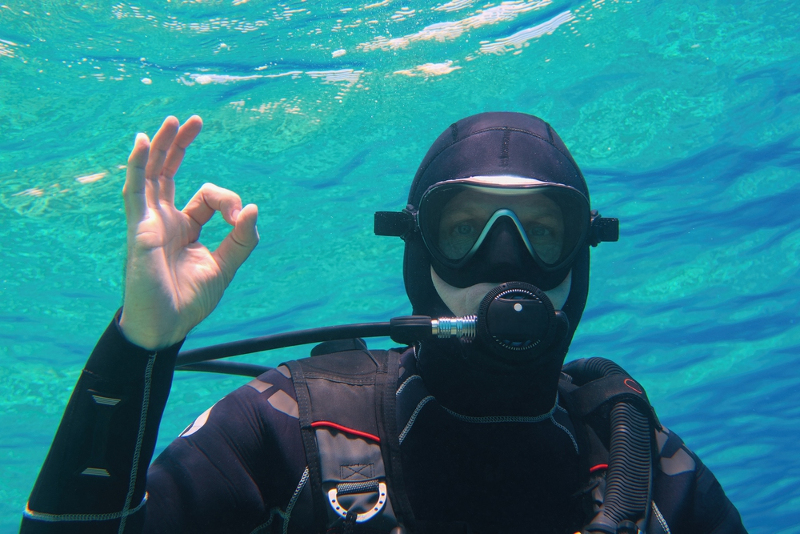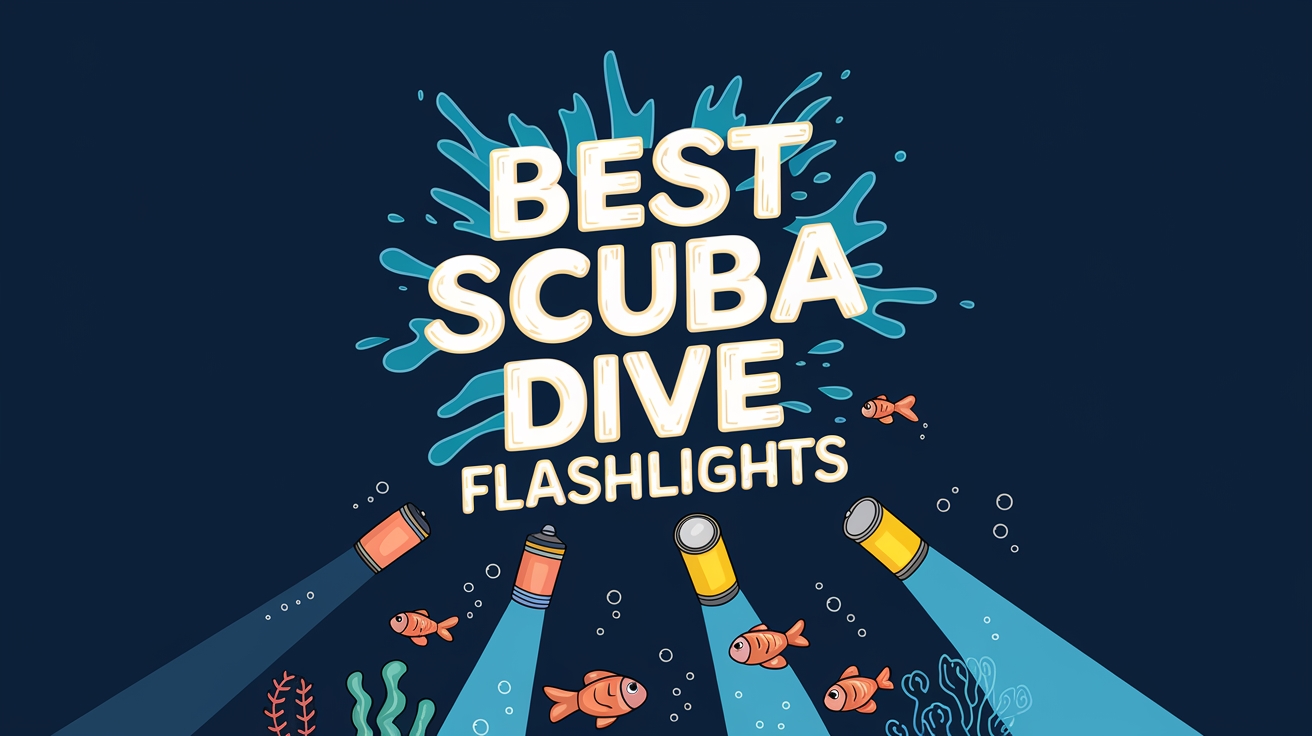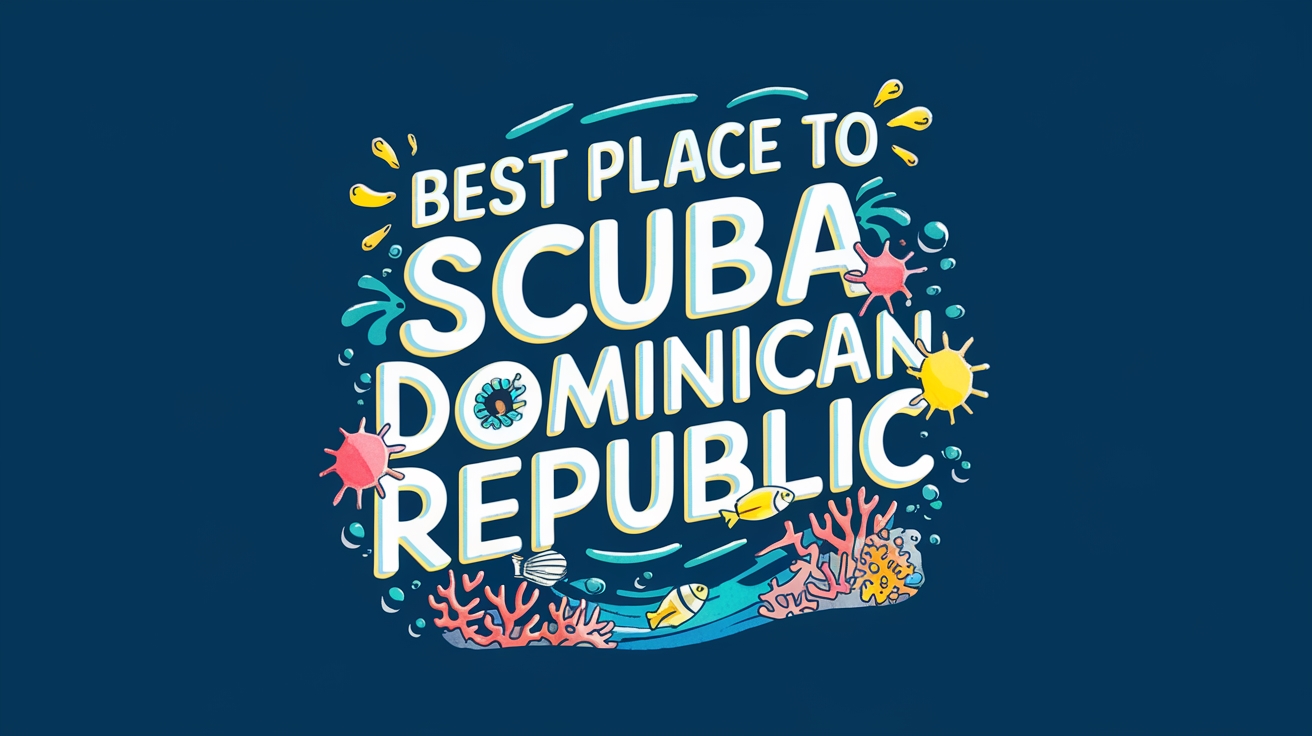Many people think that being deaf excludes someone from underwater diving, but this is a misconception. The underwater environment relies less on sound for communication and navigation. The diving community has embraced deaf participants, creating systems and protocols that ensure safe and enjoyable experiences for divers of all hearing abilities. Interestingly, certain aspects of being deaf can offer unique advantages underwater, where visual awareness becomes the main sense for all divers.
Key Takeaways
- Deaf individuals can participate in scuba diving with the right training and certification from organizations like PADI and SSI.
- Visual communication methods, such as hand signals and underwater slates, allow for effective interaction between deaf divers and their buddies.
- Specialized equipment like LED alert systems and vibrating devices assist deaf divers in monitoring conditions and receiving important signals underwater.
- Deaf divers often perform well underwater due to heightened visual awareness and skills in non-verbal communication.
- Many dive centers offer programs designed for deaf divers, featuring trained instructors and teaching methods focused on visual learning.
Understanding Deafness and Diving Safety
Many individuals with hearing impairments wonder about the safety of diving. Deafness does not prevent someone from becoming a certified diver, as the activity relies more on visual cues and physical awareness than on sound.
Current diving practices include effective hand signal systems and visual safety measures that make the sport accessible to those who are deaf. These practices feature standardized underwater gestures, light signals, and touch-based alerts to ensure clear communication among diving partners. Diving organizations offer specialized training that focuses on these non-verbal methods.
Safety for deaf divers mainly involves setting up reliable communication systems before diving, maintaining visual contact with partners, and using equipment like visual pressure gauges and dive computers with vibration alerts. Additionally, deaf divers often find it helpful to dive with experienced buddies who understand their communication needs. With proper training and adherence to safety measures, deaf individuals can enjoy recreational diving safely, experiencing the underwater world just like hearing divers.
Communication Methods Underwater
The underwater environment poses unique challenges for communication among swimmers, regardless of their hearing abilities. Fortunately, divers have developed effective methods to communicate beneath the surface, making diving accessible to both hearing and deaf individuals.
Hand signals serve as the main communication system underwater, using universally recognized gestures to convey important messages like “OK,” “something’s wrong,” “low on air,” or “ascend”. Deaf divers often excel in this area, as many are already skilled in sign language and easily adapt to underwater signing. Additionally, underwater slates, writing tablets, and specialized dive computers offer visual ways to share information.

Modern technology has introduced new solutions, such as underwater LED communication systems and mask-mounted displays that provide visual cues and safety information. Some diving groups use touch signals, where pre-arranged tactile cues communicated through gentle taps or squeezes convey specific messages. These communication methods ensure that deaf divers can actively and safely participate in diving activities while maintaining clear communication with their dive buddies and instructors.
Special Equipment for Deaf Divers
Deaf divers use specialized gear to enhance their safety and engagement underwater. This equipment enables them to enjoy diving activities while remaining aware of their surroundings.
- Visual alert systems with bright LED lights to indicate emergencies or signal a buddy underwater
- Vibrating devices attached to buoyancy control devices (BCDs) or masks that provide notifications for tank pressure, depth changes, and safety stops
- Enhanced dive computers with improved visual displays and stronger vibrations for important information
Manufacturers have created these tools to meet the needs of deaf divers, making diving more accessible and safer. The equipment is rigorously tested for reliability in various conditions, from shallow reefs to deeper waters. These adaptations help deaf divers monitor their diving parameters independently and stay aware of their environment. With proper training and standard safety practices, this specialized gear allows deaf divers to explore the underwater world confidently and equally alongside hearing divers.
Training Programs and Certification
Specialized training programs for deaf divers have made significant advancements in the scuba diving sector, providing tailored certification pathways that cater to their specific needs. Leading certification organizations, such as PADI and SSI, have created comprehensive courses that utilize visual resources, unique hand signals, and adapted communication methods.
| Training Component | Standard Course | Deaf-Adapted Course |
|---|---|---|
| Theory Sessions | Audio-visual | Visual-only with captions |
| Hand Signals | Basic set | Extended set with ASL integration |
| Communication | Verbal underwater | Light signals and touch-based |
| Teaching Methods | Instructor lectures | Visual demonstrations |
| Assessment Style | Verbal and written | Written and demonstration-based |
These adapted programs uphold the same safety standards and skill requirements as traditional courses, while introducing alternative teaching approaches. Instructors trained in deaf diver education utilize enhanced visual aids, clear written instructions, and specific underwater communication systems. The certification process generally involves completing academic modules, confined water training, and open water sessions, with adjustments made to ensure effective understanding and communication throughout the learning journey. Many training centers now provide dedicated courses for deaf divers, fostering inclusive environments where students can progress at their own pace.
Benefits of Being Deaf Underwater
Deaf divers often have unique benefits in underwater settings compared to those who can hear. Their strong visual awareness and comfort with non-verbal communication help them excel in underwater exploration. Many deaf divers show enhanced awareness of their surroundings, as they are already used to relying on visual cues and sensitivity to vibrations in their everyday lives.
- They are typically more responsive to visual signals and hand gestures, which makes them effective diving partners who are attentive to important underwater signs.
- Without the distraction of sound, deaf divers can maintain better focus, allowing them to observe marine life and environmental changes more effectively.
- Some deaf divers may find equalizing pressure easier, particularly those with certain types of hearing loss, as they do not experience balance issues related to ear pressure changes.
The underwater environment eliminates verbal communication for all divers, creating a level playing field where deaf divers’ experience with non-verbal interaction becomes valuable. Their skill in visual communication and awareness of body language often enhances their ability to communicate clearly with diving partners throughout the experience.
Finding Deaf-Friendly Dive Centers
Finding a dive center that caters to deaf divers requires some research into their facilities and services. Look for centers with experience in accommodating deaf divers and established communication methods.
| Key Features | Communication Tools | Staff Qualifications |
|---|---|---|
| Visual signal systems | Underwater slates | ASL-fluent instructors |
| Emergency light signals | Hand signal charts | Deaf-awareness training |
| Clear visibility areas | Digital displays | Experience with deaf divers |
| Accessible briefing rooms | Mobile apps | Safety certification |
| Buddy system protocols | Visual aids | Emergency response skills |
Many organizations provide directories of dive centers that are friendly to deaf divers, making it easier to find the right fit. These centers often equip themselves with tools like visual alert systems to enhance safety and communication. Before making a reservation, reach out to the center to confirm their accommodations and staff qualifications. Some centers also offer pre-dive orientation sessions tailored for deaf divers, focusing on safety procedures and communication techniques through visual aids and written guides.


